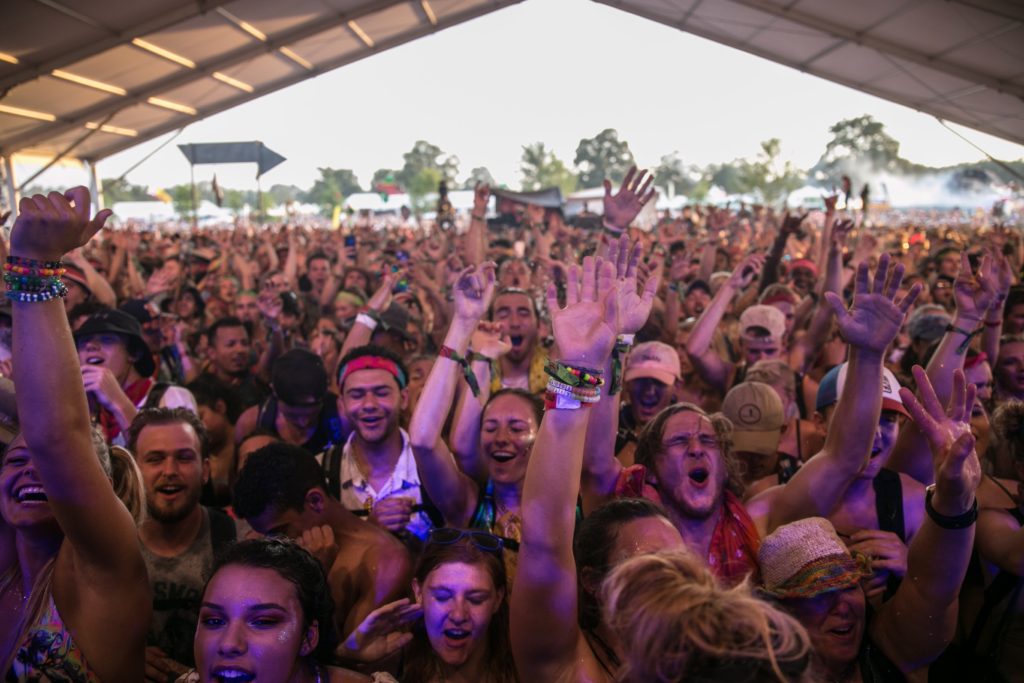
Professor Chris Kemp (CEO of MOM) shares his thoughts on the challenges being faced by events and festivals, and considers if we need a new approach.
“My experience this summer showed that the festival industry is not just feeling the effects inside its own bubble but those passed on across the events industry. These issues come as a result of a post-Covid boom, the repercussions of the war in Ukraine, the challenges of Brexit, and an impending Eurozone economic crash, with price inflation across the board”
Professor Chris Kemp
Challenges
Practically, it has meant that there has been staff shortages, a disparity in wages, a lack of volunteers and supply chain problems.
Staff shortages have led to a reduction in the quality and knowledge of staff and therefore competence at events. Before Covid, events had an abundance of employees who could manage, secure, steward, promote and administrate at the highest levels. Three years on, 450,000 people have left the industry. Movements have been spurred on by those seeking better paid, more secure work with sociable hours. Also, zero-hours contracts, the laying off of staff and furlough schemes have all played their part.
There has been a disparity in wages with some events, such as golf majors and football tournaments, paying a premium to get experienced staff. Festivals struggled to compete, as did some sports like cricket, leaving them without provision.
Also a lack of volunteers has caused a problem. Numbers were down for festivals with estimates suggesting a 10-33% shortfall. An improvement in experience is being called for by Gen Z.
There have been supply chain problems due to a rise in the number of festivals across Europe without a rise in equipment or time to get between them. Fortunately, most festivals were resourceful and fixed these issues.
It seems apparent that as prices go up and money gets tighter, occupational hazards appear. Last summer, many festivals were forced into subcontracting. This, at some events, led to staff who were not trained in security and crowd management being used for tasks such as manning gates. Also, in some cases, security providers were unable to supply enough staff because core staff were unavailable.
Impact
Professor Kemp says:
“The customer will eventually feel the results, as pressure on economic markets and increasing supply prices and staff pushes up the cost of the experience. We’re reaching a Catch-22 situation where everybody knows that working together with other organisations to guarantee work for a set price might just keep the industry turning but also that small cracks appearing could wrench it apart”
Professor Chris Kemp
Approach
We need to be asking the right questions to ensure that the industry can keep going and that emergency, crisis and business continuity actions can provide stability. Maybe it’s time to use a more bottom-up approach?
For the full article, please click this button to the European Festival Report 2022 (YOUROPE News)
Professor Chris Kemp is the CEO of MOM Consultancy. Find out more about him here…https://www.momconsultancy.com/professor-chris-kemp/
